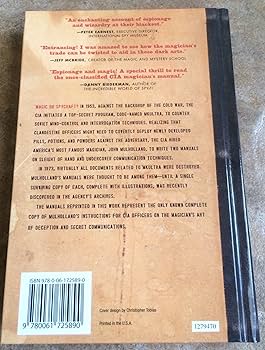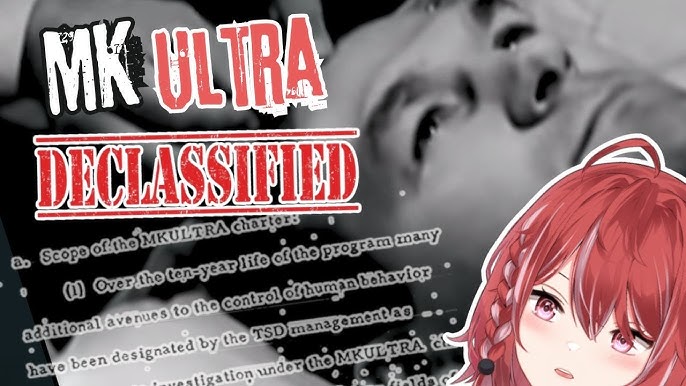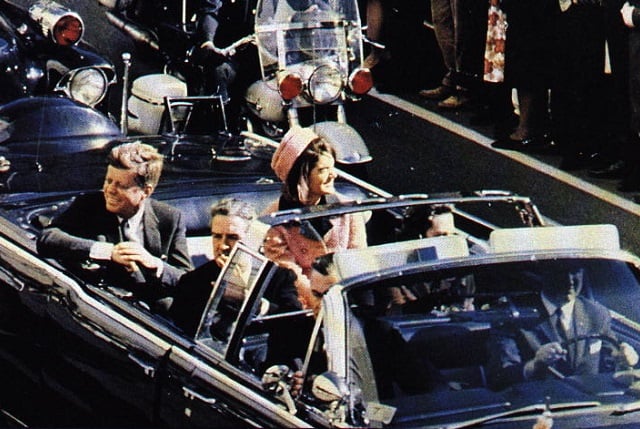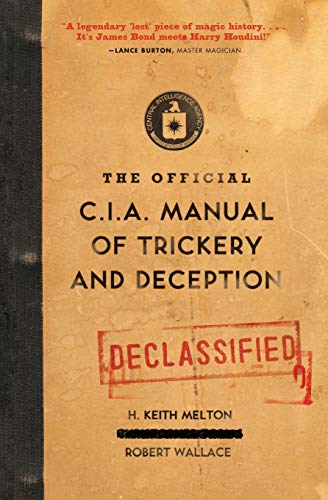MKUltra's Shadowy Figures: Unpacking the Allegations of Prominent Individual Involvement

For decades, the name MKUltra has been synonymous with government overreach, ethical breaches, and the chilling potential for mind control. The officially acknowledged details of the CIA's Cold War-era program are disturbing enough: unwitting citizens subjected to experiments involving psychoactive drugs, sensory deprivation, and psychological manipulation, all in the pursuit of weaponizing the human mind. But beyond the declassified documents and congressional hearings lies a persistent, and arguably more unsettling, question: who exactly was involved, and at what level?
While the focus often remains on the victims, the alleged involvement of prominent individuals—from academics and artists to political figures—adds another layer of complexity to the MKUltra narrative. This isn’t about sensationalism; it’s about following the thread of evidence, however tenuous, to understand the true scope of the program and the potential influence it wielded, and perhaps still wields, within society.
The Murky Waters of Allegations: Why Names Matter
The official narrative paints a picture of a relatively contained program, albeit one with devastating consequences for its victims. However, whispers persist about the involvement of individuals who were far from unwitting participants. These allegations often surface in alternative media, conspiracy forums, and occasionally even in academic circles, citing circumstantial evidence, witness testimonies, and interpretations of declassified documents.
Why is this important? Because if true, the participation of prominent figures would suggest:
- Wider Institutional Support: MKUltra wasn't just a rogue program, but one with backing from influential individuals within various sectors.
- Greater Potential for Abuse: Those in positions of power could have exploited the program for their own agendas, potentially targeting political rivals or influencing public opinion.
- Ongoing Legacy: If individuals associated with MKUltra remain influential today, their past involvement raises serious questions about their present actions and the continued potential for abuse of power.

Leonard Rubenstein: The Ethical Quandary
One such example of the allegations is that of Leonard Rubenstein. While not a household name, his connection to the Edgewood Arsenal experiments during the same period as MKUltra raises valid concerns. Rubenstein conducted chemical and biological weapons testing on American soldiers. It is well established that many participants were not properly informed of the experiments. Could his testing have been related to MKUltra in any way?
The connection may seem tangential, but it is important to remember that MKUltra was far from a monolithic project. The CIA contracted with numerous universities, hospitals, and research institutions, often without their explicit knowledge of the program's true nature.
The Role of Funding: Following the Money Trail
Another avenue for investigation lies in tracing the funding sources of MKUltra. Declassified documents reveal a complex web of front organizations and shell corporations used to channel money into the program, obscuring its true purpose and beneficiaries. Unraveling this financial network could potentially expose individuals who were secretly supporting or profiting from MKUltra, even if they weren't directly involved in its experiments.

Navigating the Disinformation Landscape
It's crucial to acknowledge the challenges in investigating these allegations. The deliberate obfuscation surrounding MKUltra has created a fertile ground for misinformation and conspiracy theories, making it difficult to separate fact from fiction. Many claims are based on speculation, misinterpretations of documents, or outright fabrications.
However, the risk of being labeled a "conspiracy theorist" shouldn't deter legitimate inquiry. The key is to approach the subject with skepticism, relying on verifiable evidence, credible sources, and rigorous analysis. It’s important to distinguish between healthy skepticism and outright dismissal of uncomfortable truths.
Declassified Documents and the Gaps They Leave
Declassified documents are a vital resource, but they also present limitations. Redactions are common, often obscuring key details about individuals and activities. Moreover, the documents only represent a fraction of the total information related to MKUltra, much of which was deliberately destroyed by then-CIA Director Richard Helms in 1973. This destruction of evidence further fuels suspicions of a cover-up and makes it harder to ascertain the full truth.

Witness Testimonies: A Grain of Truth in a Sea of Uncertainty?
Witness testimonies, including those from alleged victims and former MKUltra personnel, can provide valuable insights, but they must be carefully evaluated. Memories can be unreliable, and individuals may have ulterior motives for sharing their stories. Cross-referencing testimonies with other sources of evidence is essential to assess their credibility.
However, dismissing all witness accounts out of hand would be a mistake. Even flawed or incomplete testimonies can offer clues and perspectives that might otherwise be overlooked. The human cost of MKUltra must not be forgotten, and those who claim to have been affected deserve to be heard.
The Ongoing Quest for Transparency
The pursuit of truth regarding MKUltra and the potential involvement of prominent individuals is an ongoing process. More information may emerge as further documents are declassified or as new witnesses come forward. In the meantime, it is crucial to maintain a critical and inquisitive approach, demanding greater transparency from government institutions and holding those in power accountable for their actions.
The legacy of MKUltra serves as a stark reminder of the dangers of unchecked government power and the importance of safeguarding individual rights. By continuing to investigate the program's hidden aspects, including the alleged involvement of prominent figures, we can strive to prevent similar abuses from occurring in the future.
